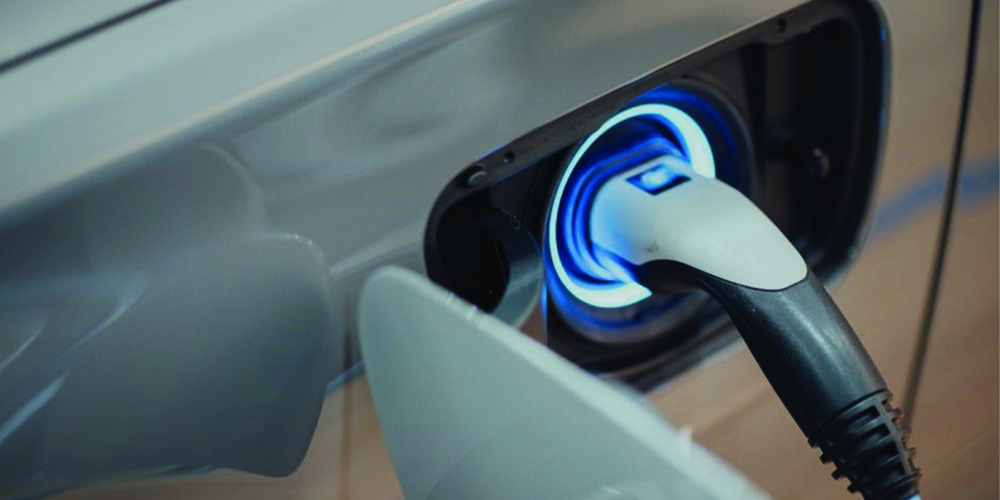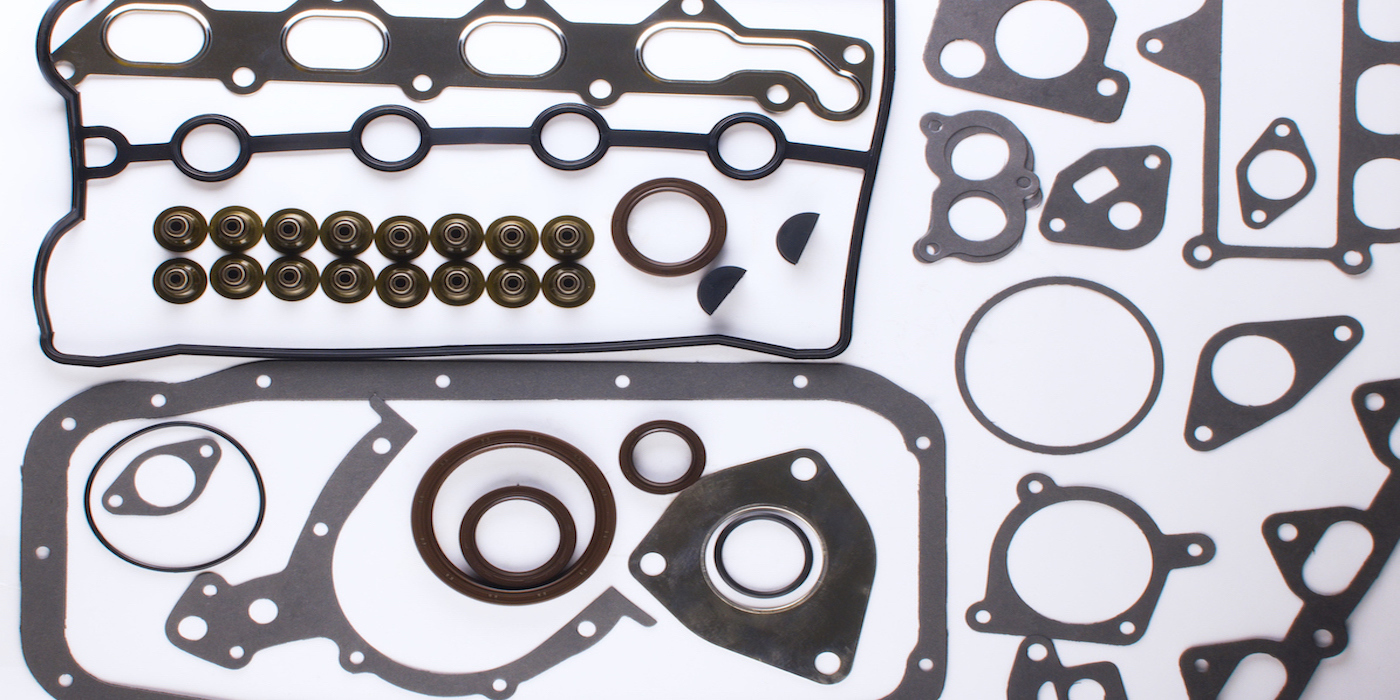Leesburg, VA — The National Automotive Service Task Force (NASTF) recently announced that it has officially established the NASTF Service Information Standards, which consist of three parts: definitions; automotive service information standards; and an information request and resolution process.
NASTF has requested that each auto manufacturer renew its commitment to make service and training information and tools accessible to all repairers on an equal basis by signing an agreement with NASTF.
So far, 12 automakers have already signed agreements and the remaining manufacturers have the agreement in various stages of review and approval, according to NASTF.
Under the new NASTF Service Information Standards, the Definitions will define what’s covered and what’s not covered; the Standards will stipulate how OEMs will ensure open accessibility; and the Information Request and Resolution Process will provide checks and cross-checks, including the possibility of binding arbitration if needed, to identify and assess any potential information gaps. The Standards embody the practices that have been in place for over six years at NASTF, but one new element is a binding arbitration backstop in the NASTF Dispute Resolution Process.
Commenting on the announcement NASTF Chair Charlie Gorman said, “We have now met one of our major goals for both our organization and the service industry at large. We have clearly defined how NASTF will work in the future and empowered its diverse membership to solve problems. This also addresses several questions about putting ‘teeth’ into the NASTF process.”
NASTF was created in 2000 as a not-for-profit, no-dues task force to facilitate the identification and correction of gaps in the availability and accessibility of automotive service information, service training, diagnostic tools and equipment and communications for the benefit of automotive service professionals.
To receive this article in its entirety, e-mail [email protected]
NHTSA Unveils New Vehicle Recall Alert Service
The U.S. Department of Transportation on Nov. 7 announced a new automated vehicle recall alert service that is free to all consumers. Consumers who sign up for the service can elect to receive recall notices via e-mail, RSS-feed, cell phone or PDA as they are released by the National Highway Traffic Safety Administration (NHTSA). The new service builds on a program launched earlier this year that provides automated recall information for child safety seats and tires.
NHTSA currently releases roughly 600 vehicle recalls each year. Approximately one out of four notices is ignored by consumers. Consumers may sign up for all recall notices, or may customize the notices for specific vehicles.
To learn more, or to sign up for the service, visit www.safercar.gov and select “E-mail recall notifications.”
Pennzoil Motor Oils Clean Up Engine Sludge
in the First Oil Change
The makers of Pennzoil motor oil continue to strengthen its claims about the ability of Pennzoil Platinum full synthetic and Pennzoil Conventional motor oils to clean up engine sludge. America’s top-selling motor oil will not only help keep an engine clean, it can also help clean up sludge in a dirty engine, so drivers can “Feel the Clean.”
“The ability to both help prevent and remove sludge deposits from engines continues to demonstrate the advanced technology of Pennzoil motor oils,” said Robert Sutherland, principal scientist, Pennzoil Passenger Car Engine Lubricants.
The superior active cleansing agents in Pennzoil Platinum full synthetic motor oil not only help prevent sludge, but also clean out up to 46% of built-up sludge in the first oil change, which is on average three times better than the leading conventional motor oil. They actively seek out and neutralize dirt and contaminants in motor oil before they can form harmful deposits; they also attack and help clean up sludge deposits that are already there.
In addition, Pennzoil Platinum is formulated with adaptive molecules, which help resist oil breakdown caused by heat, shear and pressure in your engine. Less oil breakdown means fewer deposits, also helps keep the engine clean.
Pennzoil Conventional meets or exceeds the highest U.S. standards for automotive engine wear protection and helps protect emissions systems. Its active cleansing agents help prevent engine sludge and clean out up to 15% of built-up sludge in the first oil change.
Pennzoil Platinum and Pennzoil Conventional motor oils are available in a variety of viscosity grades. Visit www.pennzoil.com or call 1-800-BEST-OIL for more information.













